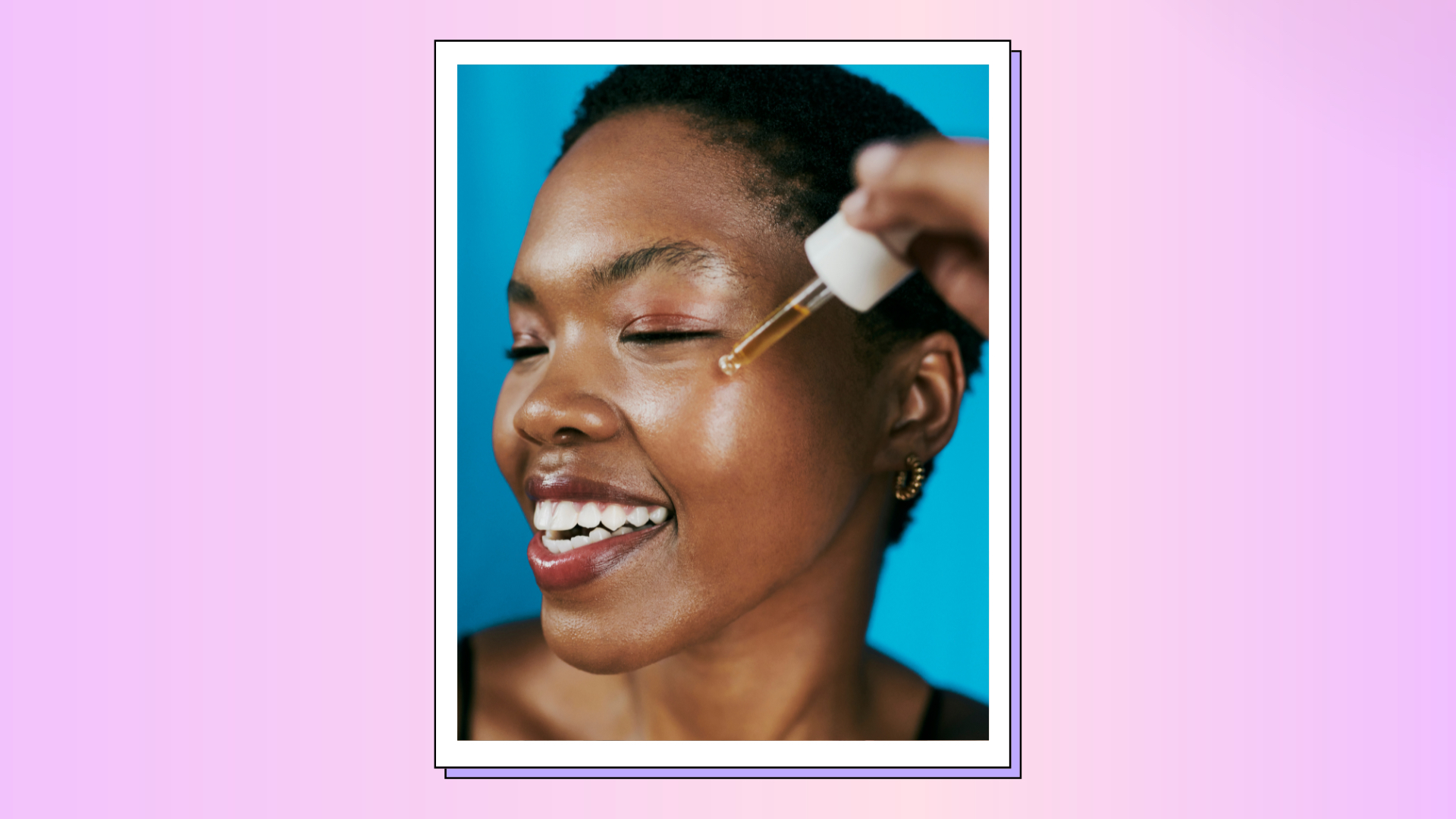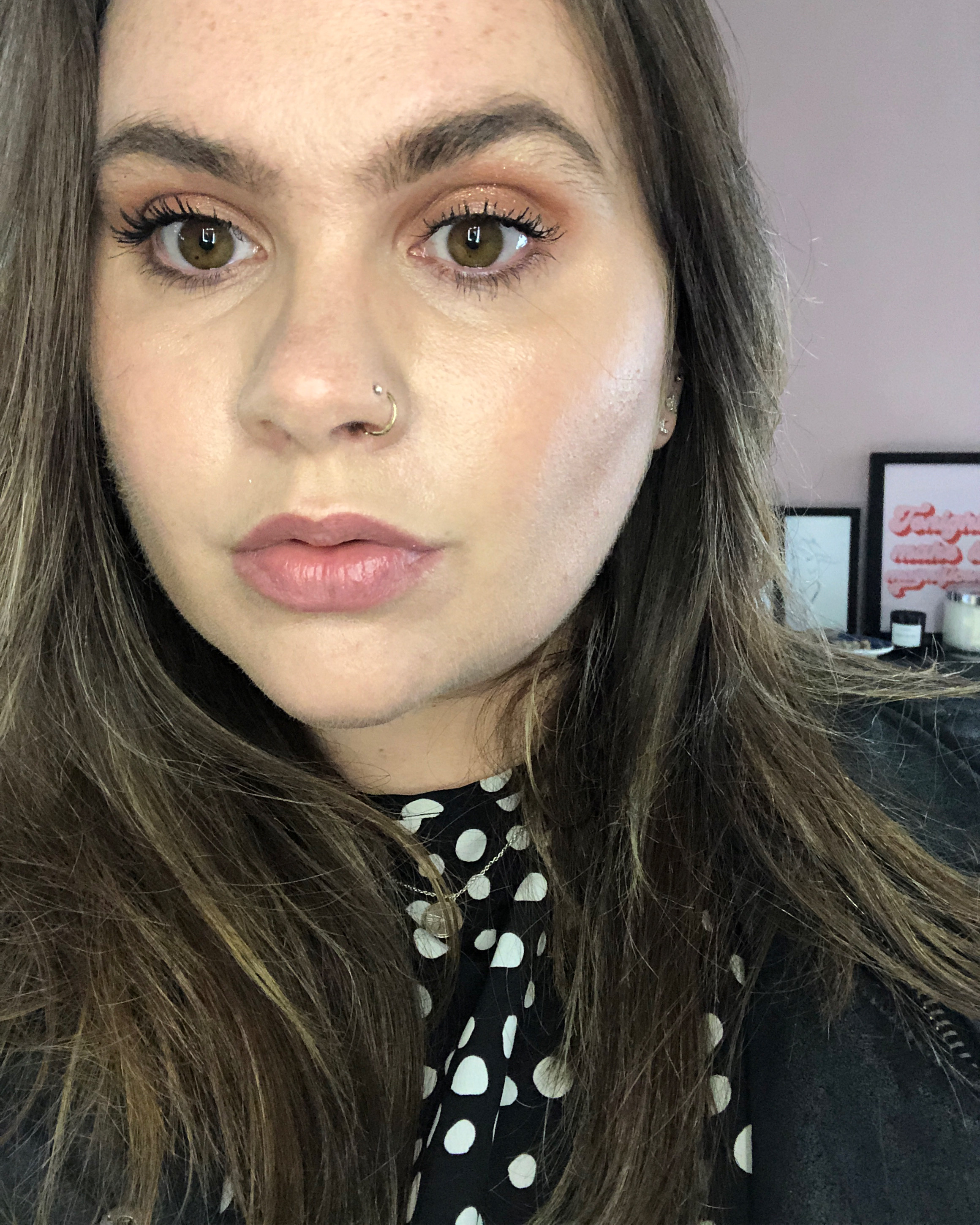Should you use vitamin C serum morning or night? Experts break it down
Whether you apply vitamin C serum morning or night can have a big impact on its benefits


It's an age-old skincare conundrum: is it better to apply your vitamin C serum morning or night?
Experts agree that the best vitamin C serums are one of the key pillars to a good skincare routine. If kept out of direct sunlight, they work to protect skin against free radicals and other damaging environmental factors like pollution and UV, while encouraging skin cells to produce collagen—which will leave your skin more radiant, plumper, and smoother. It is also famed for inhibiting the production of melanin so helps to fade discoloration and dark spots.
But are those results impacted by timing? Our contributing beauty expert has broken down the benefits of both morning and nighttime use to help you make an informed decision as to what’s right for your skin type, so that you soak up all the endless benefits of vitamin C as much as possible. First, it's important to discuss the benefits of using your vitamin C serum in the morning and evening.
Meet the experts on vitamin C
Dr. Bernard Ho is an NHS doctor and dermatology fellow at St George's University Hospital, who has explained some things to consider when using a vitamin C serum.
Bruce Green is a chartered chemist and the founder of SOS Serum Skincare. He has explained some of the benefits of using vitamin C serum as part of your daytime routine.
Is it better to use vitamin C serum morning or night? Experts break it down
How to use vitamin C in the day and its benefits
The central ingredient of serums like SkinCeuticals CE Ferulic, vitamin C is one of the most powerful antioxidants out there. "The benefits of topically applied vitamin C are numerous," says chartered chemist Bruce Green, who is the founder of SOS Serum Skincare. "Not only does it play a vital role in the production of pro-collagen—the building blocks of collagen fibers—it also helps control hyperpigmentation, scavenges free radicals, strengthens capillary walls and helps heal damaged skin, helps boost the skin's natural immune system and it can help the skin to look brighter and also help to prevent the signs of premature aging."
Once you've nailed how to use vitamin C serum properly, it really comes into its own during the day. If applied in the morning, it can get to work throughout the day protecting skin against harmful elements like pollution, free radicals, UV rays, and other factors that can leave skin looking dull and lifeless. During the day, vitamin C serums should always be followed by one of the best sunscreens for face—preferably with SPF 50, but at least a minimum of SPF 30—to help protect skin from the sun.
However, if your skin is super sensitive and prone to irritation, applying a strong vitamin C in the morning may not work for you. You could either use a gentle antioxidant during the day and switch to using vitamin C at nighttime instead. Or, you could opt for a lower strength vitamin C serum which is less likely to cause any sensitivity or reaction.
How to use vitamin C at night time and its benefits
While you’re sleeping, your skin undergoes its natural repair process. During sleep, your skin’s blood flow increases, and it rebuilds collagen and repairs damage like fine lines, wrinkles, and age spots that have been caused by UV exposure. So using vitamin C serum during the night means that it's likely to have the most effective impact when it comes to repairing your skin.
If your chosen serum is quite potent, like the Medik8 Super C30 Intense, you also reduce the risk of photosensitivity occurring (a reaction that can be triggered by sunlight) if you use it during the nighttime. It’s worth nothing that, if you do choose to use vitamin C at night, you should always still ensure you’re using SPF the following day to ensure maximum efficacy.
Benefits of using vitamin C in the morning *and* the evening
Think of slathering vitamin C in the morning and the nighttime as the best of both worlds. You get to reap the rewards of vitamin C's powerful antioxidant properties by essentially getting a double dose.
One thing that you do need to be aware of, though, is that the skin has a limit for absorbing vitamin C. Once this is reached, any extra product is essentially wasted (and it doesn't come cheap). So if you’re using a more gentle product that has a lower percentage of vitamin C in it—like La Roche-Posay Pure Vitamin C10 Serum—you’re good to use it twice a day. But if your chosen serum has a higher, more potent level in it, then it’s best to adopt a less is more approach and stick to using it just once.
"Formulation matters, particularly with vitamin C as the active ingredient is relatively unstable and in time, the vitamin C becomes less “active”," says NHS dermatologist, Dr Bernard Ho. "I would suggest looking at the manufacturers or product details as it will tell you how long they expect your vitamin C product to last and when to use it up by."
So, should you use vitamin C in the morning or night?
While it’s all down to your skin (and no one knows your skin better than you), most people prefer to apply vitamin C serums in the morning because of its antioxidant properties—which means it'll help to defend your skin against pollutants and free radicals that could otherwise damage it throughout the day. However, never forget to follow with SPF to protect your skin against the sun.
But, if your skin tends to be on the sensitive side, then using vitamin C at nighttime is advisable. And if you want to really make the most out of the restorative properties of the product, nighttime use of vitamin C might also be preferable, as it will have a bigger impact on your skin as it performs its nightly repairing process.
However, just be careful if you use both retinol and vitamin C in your skincare routine. "I would suggest not layering vitamin C with retinol as it can cause irritation when used at the same time," advises Dr Ho. "I would suggest pairing with or looking for a vitamin C product that combines other hydrating ingredients such as glycerin and hyaluronic acid instead."
Lucy Partington has been a beauty journalist for eight years, writing for titles including Stylist and Cosmopolitan. She’s a true skincare nerd who’s on a lifelong quest for a glowing complexion and loves nothing more than learning about new ingredients and products. She’s obsessed with having perfect eyebrows and collecting eyeshadow palettes she’ll probably never use.